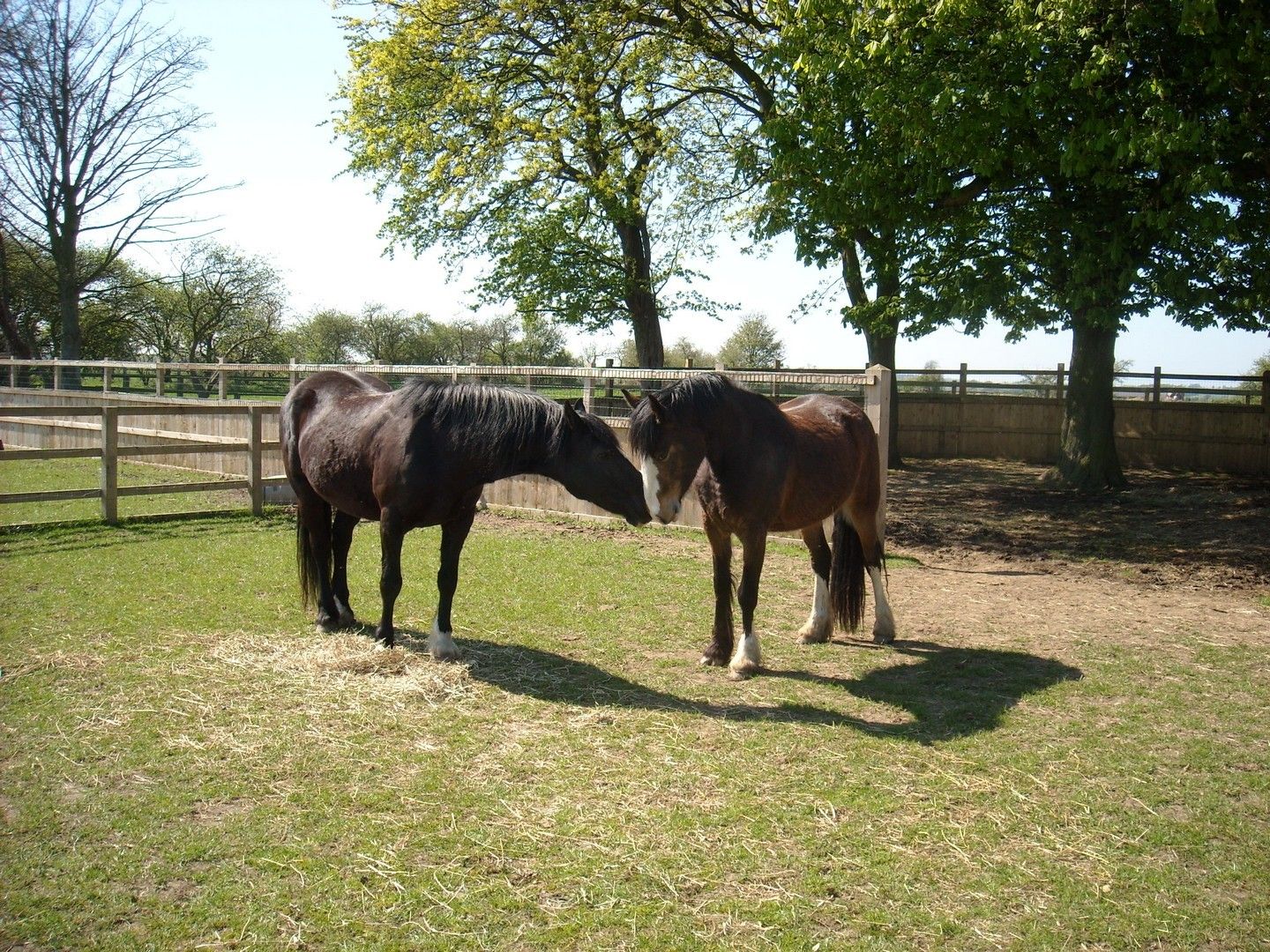PLAY IN HORSES
Many people do not look at horses and think they are particularly playful creatures but maybe we need to take a closer look.
Play is essential in all social animals and it is important for their welfare and development of cognitive ability. In fact, research now points to the fact that the horse is one of the few mammals that practice play into adulthood. However, with current management strategies most horses get little opportunities to practice play and social interaction with their own kind which leads to them becoming unskilled at it. As play gives an individual confidence perhaps the lack of it leads to more spooky individuals who feel at odds with themselves. These horses are often difficult to ride and handle and their outlook is poor. It is important to give horses opportunities to visit and explore their own neighbourhoods. This is imperative to their feeling safe in their environment which in turn lessens any difficulties in riding out.
Play behaviour in horses is varied, just like in us, and encompasses:
- Object Play: where horses show interest in objects, such as natural objects like sticks and stones and/or manmade objects such as plastic balls and cubes. Furthermore, if allowed they are very curious to investigate new things and we can use this in our training strategies as a play alternative.
- Play Fighting They enjoy play fighting with each other and often nip each other on the neck and use their bodies to shove each other about.
- Locomotor Play They amuse themselves by racing around the paddocks either together to see who is the fastest. They might turn or zig zag or make solitary charges in a different direction often used to instigate play in others. Bucking and rearing as they go.
- Sexual Play They nibble each other on the neck and under the tail often leading to partial mounting behaviour
As we know play is infectious and others join in and play patterns develop. Play to us can look quite savage but horses that know each other are careful not to injure each other and they will squeal and buck if the other partner becomes too heavy handed. They rarely overstep the mark with each other. All play is fun and is an innate behaviour i.e. they are born with the desire and it has even been observed in the womb as the embryo develops.
Play plays a vital role of preparing all social animals for interaction with the opposite sex, for practising survival skills (which our domestic horse still practises but has little need of in their domesticated lives), keeping their bones and muscles fit for purpose and building social skills whilst learning about their own strengths and weaknesses. Just like with our youngsters it is a time when we learn how to interact with each other and learn how to be resilient and come back from failure. We learn boundaries and our limitations and have the ability through trial and error to negotiate obstacles.
Unfortunately, when a horse tries to investigate with its nose or say they have difficulty walking into the trailer – a moment’s hesitation is seen as misbehaving rather than schema – the trial and error behaviour seen in children where they are trying to see whether it’s safe or not – or where to put their feet. Many of these misdemeanours lead horses to be beaten, kicked and isolated – leaving them impoverished and in a state of learned helplessness when they cannot practice the necessary life skills without risk of harsh consequences.
After working with rescue horses who have either been isolated or over-faced in overcrowding conditions it is this type of horse that can appear a loner as they stand apart from the others and keep themselves to themselves. This is an example of learned behaviour through fear or inexperience rather than an example of an unfriendly individual which is often the label that is given especially if they are aggressive to approaches. Play can only occur when an animal feels happy and relaxed and knows its companions and this is why it is the last thing to return in horses that have suffered traumatic situations.
However, we can start changing our horse’s environment and through the training offered by Cutters Canines at Prospect Farm we can utilise their curiosity and need to bond in our training programmes. Scientific research estimates that if a horse investigates an object for 13 seconds or more then he is likely playing and seeking enrichment. Through play and train schemes run at Cutters Canines at Prospect Farm we give owners and horses the opportunities to build up relationships through massage, animal communication and reiki. We also allow the horses to explore objects and investigate and learn how to negotiate obstacles without a rider. We nurture a time of just being together rather than goal-orientated desires and the horse dictates the advancement of everything.
